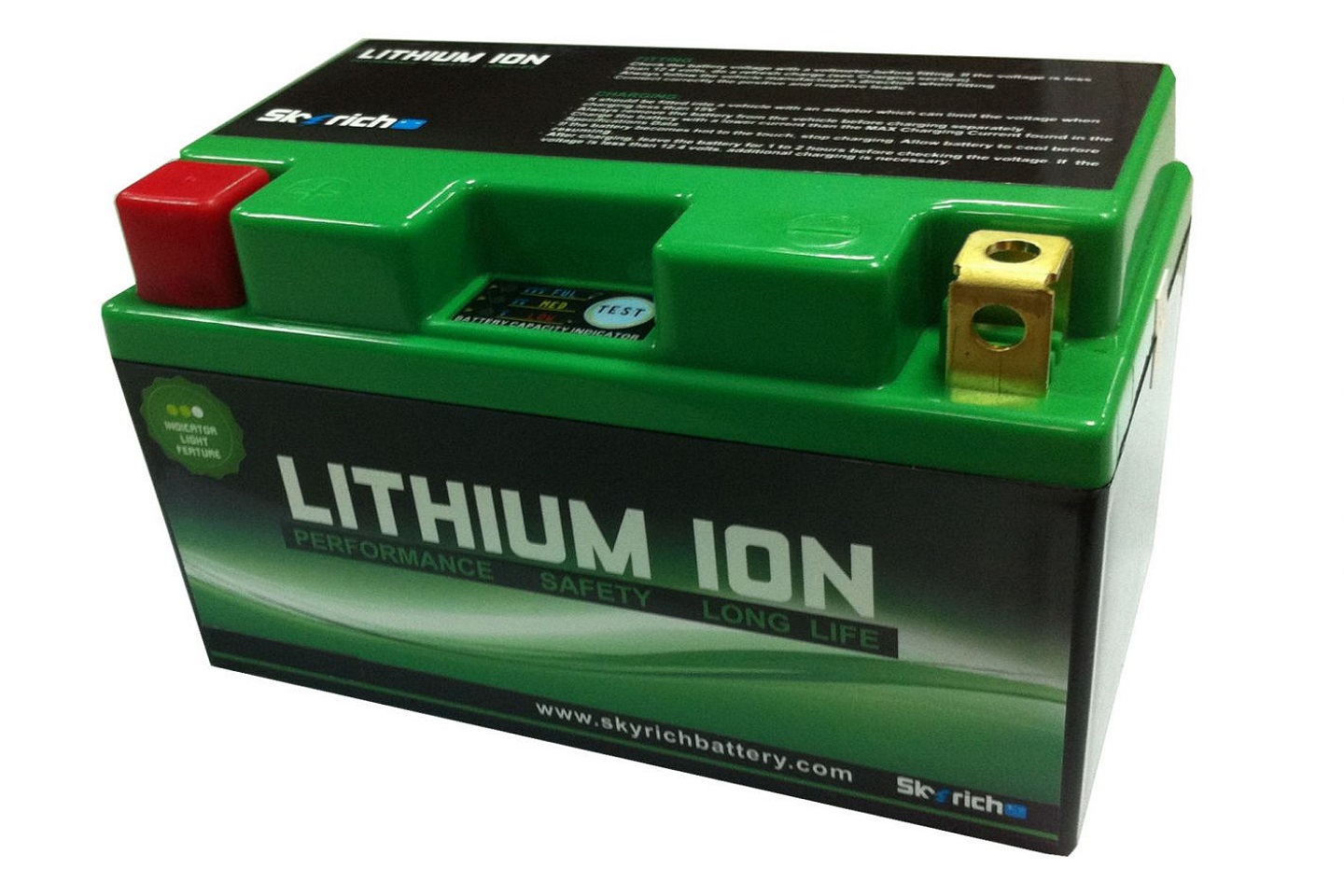Quantum Graphite says it is poised to take advantage of the respective booming markets for battery anode materials and long-duration energy storage after positive flake-sampling tests in South Australia. First-phase flake test-work achieved a purity of 97.59 per cent graphitic carbon and the company predicts increased temperatures will raise that mark to the 99.5 per cent needed for anode production.


Quantum Graphite says it is poised to take advantage of the respective booming markets for battery anode materials and long-duration energy storage after positive flake-sampling tests in South Australia.
First-phase test-work on the company’s Uley coarse flake graphite achieved a purity of 97.59 per cent graphitic carbon and the company predicts increased temperatures will raise that mark to the 99.5 per cent needed for anode production. The results highlight the flake’s suitability for use as anode material in lithium-ion batteries.
The early thermal testwork, commissioned by Quantum and its joint venture partner Sunlands Co, is part of an ongoing assessment of coarse flake graphite sourced from the latter’s Uley 2 deposit on SA's Eyre Peninsula and used in the production of long-duration energy devices.
Samples from Uley 2 were sent to Germany’s Institute of Nonferrous Metallurgy and Purest Materials (INEMET), where they were exposed to temperatures of 2200 degrees celsius to mimic the conditions inside a thermal energy cell throughout its charging and discharging stages.
In an interesting twist, the ultra-high temperatures removed almost 95 per cent of impurities, upgrading the final flake product to the encouraging purity of 97.59 per cent graphitic carbon. That result alerted Quantum to the product’s suitability for its dual use as battery anode material.
Management says the final phase of the thermal test-work aimed at confirming the predicted higher purities is now slated to commence in the next quarter.
Graphite is the most prominent ingredient in lithium-ion batteries, along with lithium, nickel and cobalt. Industry analyst experts expect demand for graphite from the battery sector will grow exponentially in coming years with a World Bank Report forecasting the industry to grow at a compound annual growth rate of 5.3 per cent to reach US$21.6 billion (AU$32.1billion) by 2027.
Quantum Graphite chairman Bruno Ruggiero said: “The Board’s pursuit of our multi-pronged commercialisation strategy genuinely sets QGL apart from other graphite producers. Adding the potential supply of anode material to the Li-ion battery market will deliver on our commitment to guild a globally diversified supplier of high-quality flake products. Together with our proprietary downstream market in long duration storage media and high end refractory supply, the production of anode material positions QGL to take advantage of two fo the fastest growing markets in the broader industrial minerals sector.”
Under the agreement with Sunlands, Quantum will be the exclusive supplier of flake graphite products for the partnership The joint venture will be the sole manufacturer and supplier of graphite storage media for Sunlands’ thermal energy storage battery cells.
The company says recent test-work results confirm the media’s heat storage capacity and that the operational range is sufficient to drive utility-scale steam turbines, giving it the potential to be used to fuel thermal power plants.
Quantum’s Uley 2 project was one of three graphite ventures listed in the Federal Government’s Critical Minerals Prospectus last year and holds a resource of 6.3 million tonnes at 11.1 per cent total graphitic carbon for a total inventory of 672 thousand tonnes of contained graphite.
Quantum has already secured the vertical integration of its Uley 2 coarse graphite flake through its joint venture agreement with Sundlands Co. The ability to source flake suitable for anode material in lithium-ion batteries to meet the demand of the burgeoning electric vehicle market could add more than just a little sweetener for the company.
Is your ASX-listed company doing something interesting? Contact: matt.birney@businessnews.com.au












